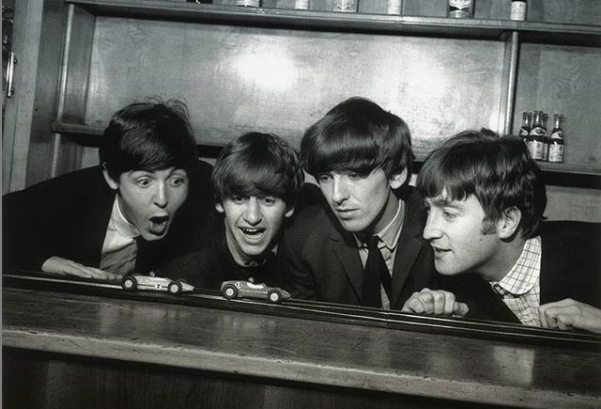The Beatles were an English rock band founded in 1956. Composed by John Lennon (singer, guitarist, and songwriter), Paul Mc Cartney (bassist, songwriter, voice), George Harrison (guitar and voice), and Ringo Starr (drums). The songs, the psychedelia, and the unique style marked the band’s story forever. Here we bring you the 5 Songs From The Beatles To Represent The Immortality Of Rock n’ Roll.
Strawberry Field Forever
This song is inspired by Lennon’s memories of his experiences while playing in the garden of a Salvation Army children’s home (private non-governmental charitable organization.)
It is one of the most psychedelic pieces of the band and was listed as one of their best hits, ranking 8th in the United States.
Come Together
After the separation after releasing the song “Let it Be”, the band got together again and created this piece transmitting a fresher and rejuvenated aspect.
It was born out of Lennon’s attempt to write a song for Timothy Leary’s election campaign but became one of his best hits, being the first song on his album Abbey Road, although it was the only song the four of them did together on the album.
Twist and Shout
For those who swore and always thought that this song was from The Beatles, we tell you that to their surprise this song is originally from a band called The Top Notes. The Beatles made their version and that’s how it became known worldwide.
The Beatles version is inspired by the rhythm of Latin music, especially the traditional Mexican song “La Bamba”. It was included on their first album called Please Please Me.
While My Guitar Gently Weeps
The lyrics of George Harrison’s first great song start as a deliberate accident, and it wasn’t until Harrison put Eric Clapton on the guitar that the song was finished.
I Want to Hold Your Hand
I Want to Hold Your Hand was the first encounter of the majority of Americans with the magic of McCartney and Lennon’s composition, which was initiated by Beatlemania.
It represented what producer George Martin calls “the apex of the early phase of the Beatles’ development.”

